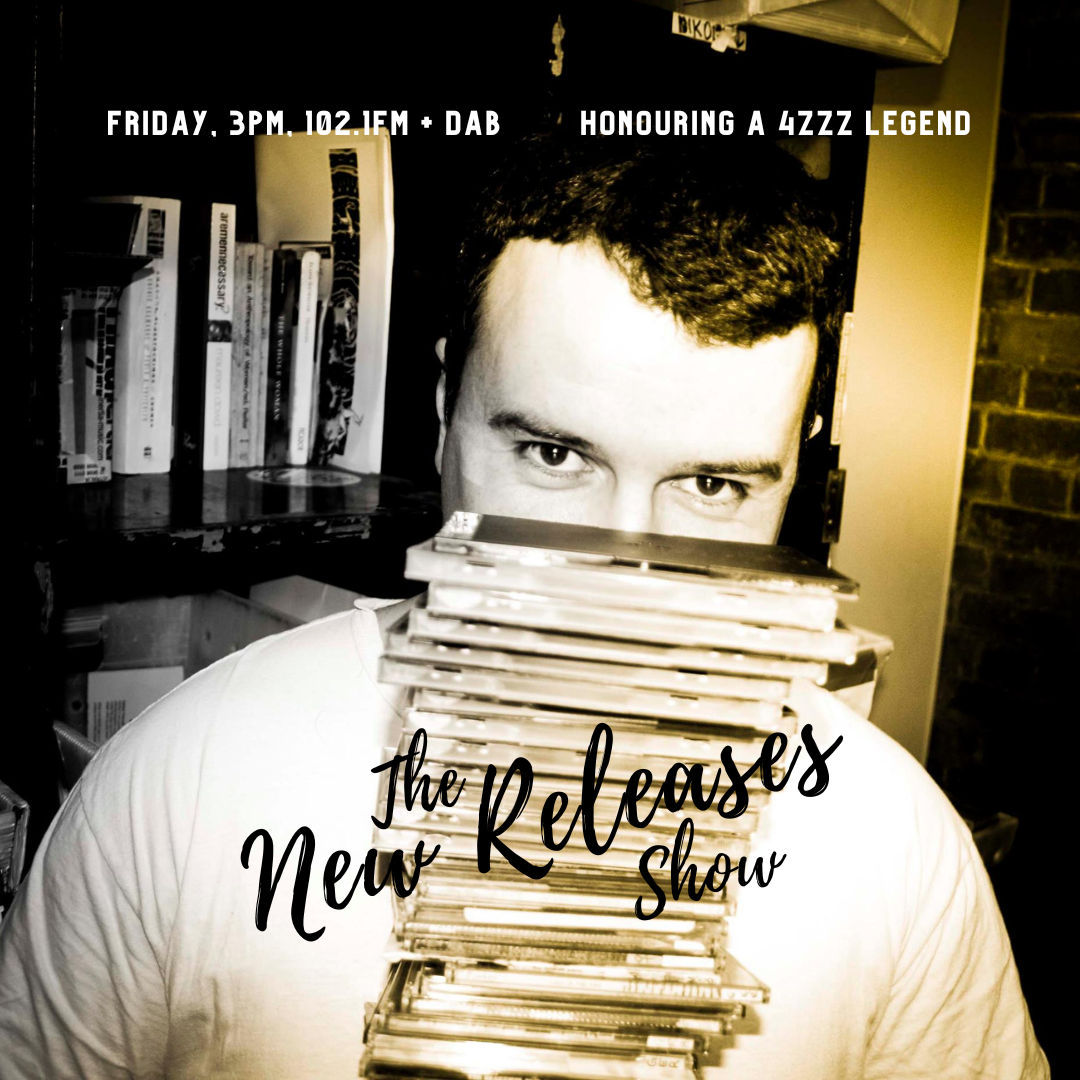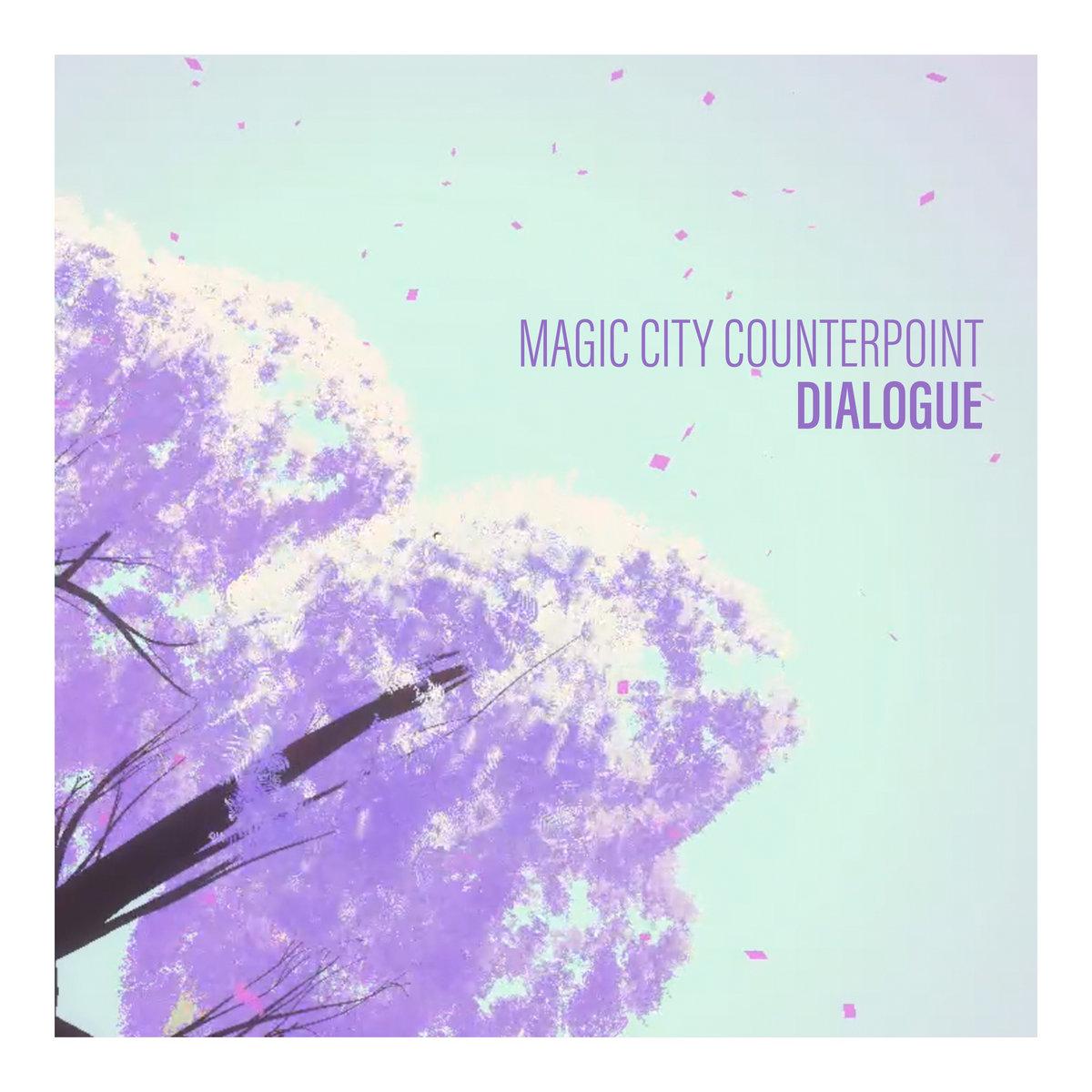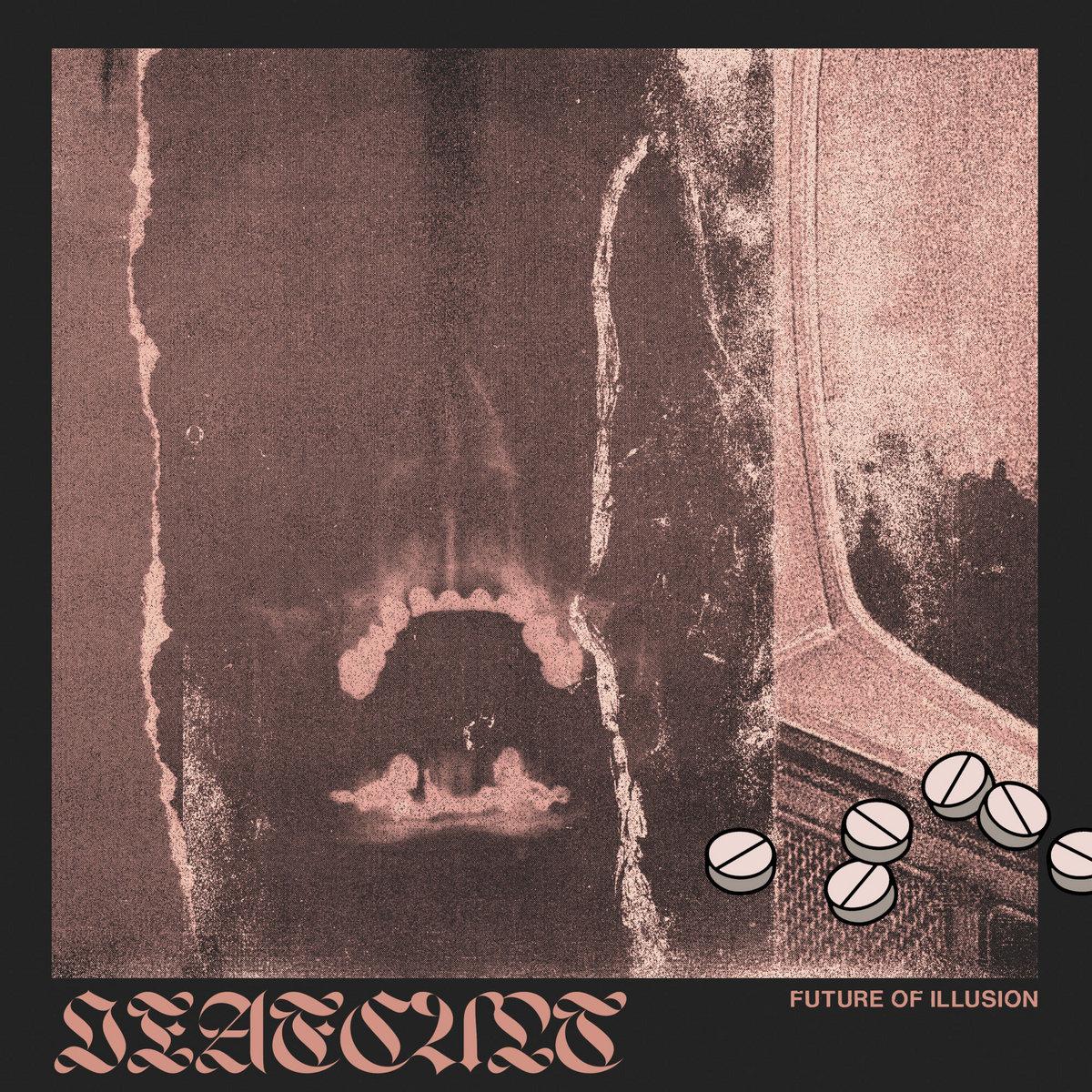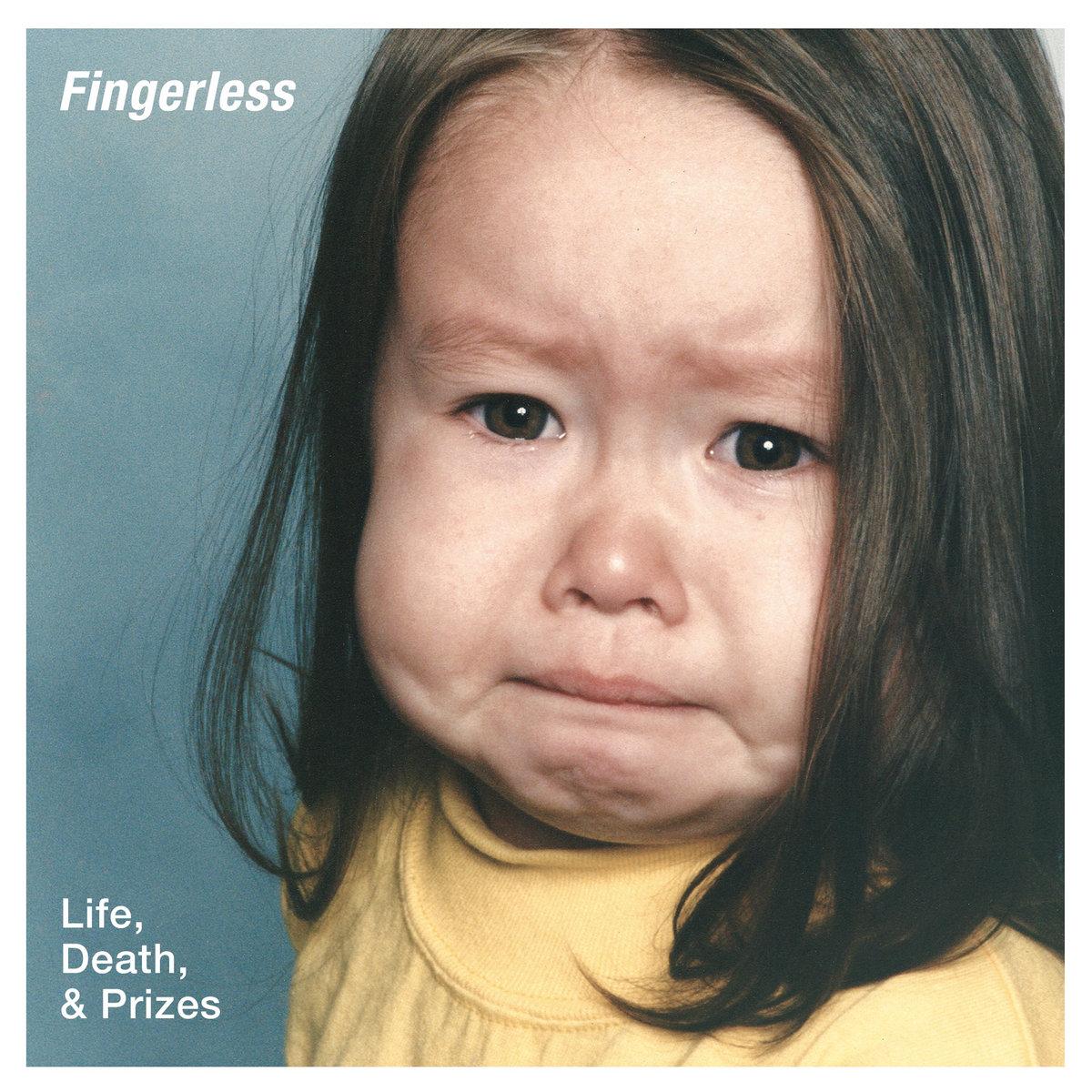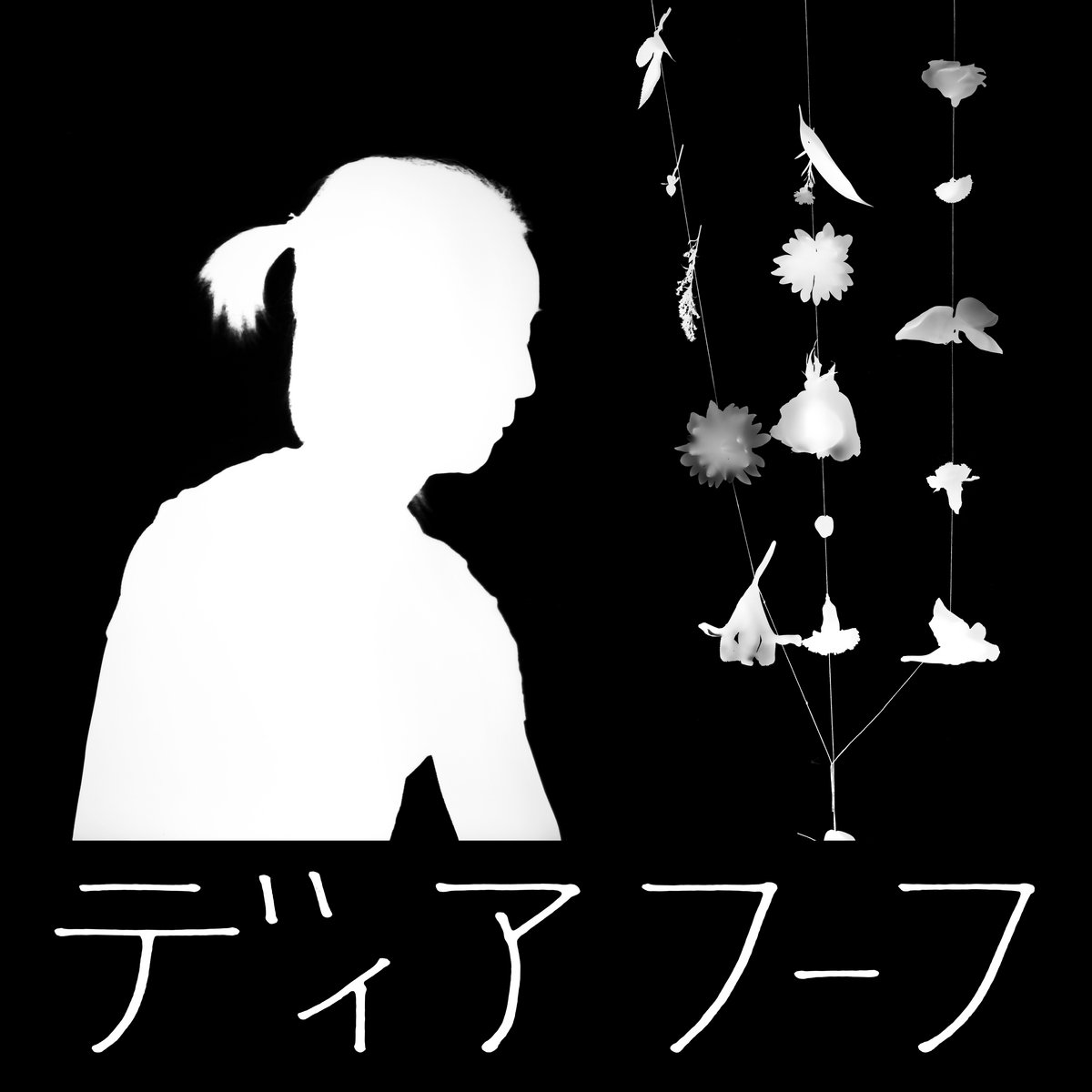
- Let's get this out of the way right from the start: Deerhoof are one of my favourite bands. Maybe my FAVOURITE band. Their mix of pop and noise, beauty and chaos, impeccable musicianship and idiosyncratic playing just does something special for me. Despite this, every time they release a new album I find myself taking a while to warm to it. I'm rarely especially into their pre-release singles, and first listens to their albums always leave me a bit flat. Then, every time, a week after the album release I can barely listen to anything else. The singles that left me cold initially now have me fist-pumping. By now I know that this is how it has to be, but I'm still a bit nervous for every album. Maybe this *will* be the one that's not so good?
Miracle-Level is Deerhoof's nineteenth album in a career that has spanned nearly three decades now. The lineup has now been stable since 2008's Offend Maggie, and in those fifteen years they have maintained their musical restlessness while remaining indefinably 'Deerhoof'. So how does this new record stack up, and how does it differ?
The first major point of difference is that the lyrics are (nearly) entirely sung in main singer Satomi Matsuzaki's native language of Japanese. To be honest, I barely notice this when listening. For one thing, Satomi has often incorporated Japanese into her lyrics, most notably on 2005's Green Cosmos EP, so it's not without precedent. Furthermore, most Deerhoof lyrics are so minimalist that they turn into mantras, almost losing their literal meaning and becoming pure vessels for melody. Having them in another language from the get-go just expedites this effect.
Secondly, it's the first album in the band's history that's been recorded and mixed in its entirety in a studio setting. They've recorded in professional studios before (for example, the aforementioned Offend Maggie), but in the past have always taken those recordings away to mix and embellish at home. How has offloading the responsibility for the sonic presentation of the album affected things? Well, it does sound great, but so do a lot of their other records. Instead, I think the major benefit is that it provides a real cohesiveness to the eleven songs contained within. Deerhoof are capable of incorporating such a variety of musical styles into their records that sometimes they can become somewhat disjointed: albums full of incredible moments but not quite gelling into something that equals the sum of their parts. That's not an issue here, which it definitely could have become given the shifts in mood and style from one song to the next.
The album opens with Sit Down, Let Me Tell You A Story, a song that swings between two of Deerhoof's strongest modes, those being 'classic rock stomp' and 'noise-pop chaos', with a little bit of epic build thrown in to set the scene for the rest of the album. From there the album generally alternates between louder, rocky numbers and more gentle, subdued songs. In fact, Miracle-Level contains some of both Deerhoof's heaviest and most beautiful moments. The mix of styles, combined with the previously discussed sonic cohesiveness and the fact that Deerhoof are represented here in a fairly straight-forward, 'band-in-a-room' style means that this record reminds me most strongly of their album Apple O, which, coincidentally, is celebrating its twentieth year in 2023.
The contrast between songs is best exemplified in the final two songs. Momentary Art of Soul! bounds along in some weird time signature and reminds me of (a slightly more laid back) Lightning Bolt when that act gets lost in their most demented groove-based jams. The final minute is like a bad hallucination, with guitarists Ed Rodriguez and John Dieterich's riffs being bent and stretched as far as possible while still maintaining resemblance to their initial shape, while Satomi's voice is the lone point of reference amongst the maelstrom; it's thrilling. When the dust clears we're left with album closer Wedding, March, Flower, maybe Deerhoof's most beautiful and tender song. It's a love song with words written by Satomi set to music by drummer Greg Saunier, who also sings the track. The kicker is that Saunier and Satomi were previously married but have been separated for over a decade, while the song was in part written for Saunier's new partner. I don't know if me knowing this beforehand made the song hit me more powerfully or not, but regardless it's a stunning way to finish another fine record from a remarkable band. Even if I wasn't so sure about it on first listen.
- Cameron Smith.


